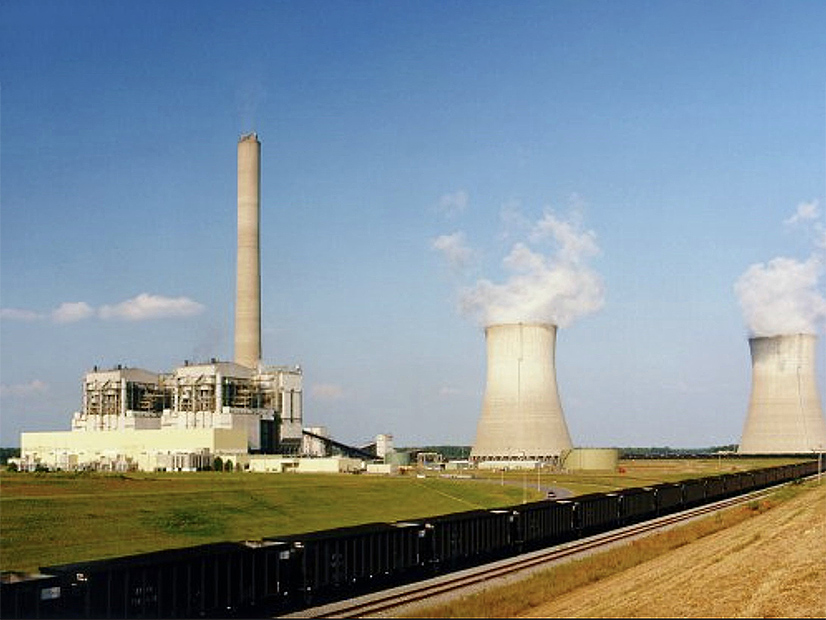Entergy has asked FERC to exclude some of its power plants from rules contained in MISO’s new availability-based accreditation method, warning that without exemptions, it risks a potential capacity shortfall in Mississippi.
The utility filed a waiver request last week on behalf of its Mississippi and Arkansas subsidiaries, which claim that if a 24-hour startup exclusion is applied to certain generators under the RTO’s new accreditation method, it could set off capacity deficits in the state across multiple seasons (ER23-1140).
Entergy (NYSE: ETR) said its Mississippi and Arkansas arms “are facing dramatic decreases in the capacity accreditation of the resources due to the application of MISO’s new accreditation methodology.”
It requested three-year exemptions from historical startup times being used in accreditation for the 738-MW gas-fired Gerald Andrus Power Plant in Mississippi; its partial ownership interests in Units 1 and 2 of the 1,678-MW coal-fired Independence Steam Electric Station in Arkansas; and its majority interest in Units 1 and 2 of the 1,800 MW coal-fired White Bluff Steam Electric Generating Station in Arkansas.
FERC last year gave MISO permission to conduct four seasonal capacity auctions and apply a seasonal accreditation based primarily on a thermal generating unit’s performance during tight system conditions. The expected and historical tight conditions are dubbed “resource adequacy hours” and represent periods when resource availability is less than 25% of operating margin.
The grid operator’s 2023-24 capacity auctions in April will be the first to get seasonal treatment and use the availability-based accreditation. Its previous method deducted forced outages from installed capacity values.
With the commission’s approval, MISO will treat offline resources that historically take longer than 24 hours to start up as unavailable during resource adequacy hours. In those cases, the RTO will reduce accreditation accordingly.
The 24-hour cutoff has Entergy concerned. It said if the rule is applied as written to its three plants, it will have a “material effect” on capacity values through mid-2026. The utility said the accreditation rule could cut capacity values by 25% at Gerald Andrus and by 27% at White Bluff’s Unit 2.
Entergy said it has conducted field verification at the plants and adjusted startup times to less than 24 hours. It said if it secures the waivers, accreditation values for the plants will be a “more reasonable estimate of the [resources’] expected availability.” It also said startup times at Gerald Andrus, Independence and White Bluff “were already only slightly above 24 hours” and that it fine-tuned the startup times in good faith to protect customers from expensive capacity prices.
The utility asked FERC for expedited treatment by March 7 before the seasonal auctions take place “to limit the potential for irreparable harm.”
MISO has taken no position on Entergy’s filing.
Entergy made the filing a day after FERC rejected its request to annul the new accreditation. It had argued that an accreditation hinging on generator availability during a small set of hours will produce volatile and difficult-to-predict results year-over-year. (See FERC Affirms MISO’s Seasonal Auctions, Accreditation.)
Though FERC upheld MISO’s accreditation design, Commissioner Allison Clements logged dissent, criticizing the 24-hour threshold as too generous to be effective. She said the grid operator’s decision to credit resources that take up to a full day to start up will see MISO extending credits to resources that can’t respond in time and are unlikely to be helpful during reliability issues.


